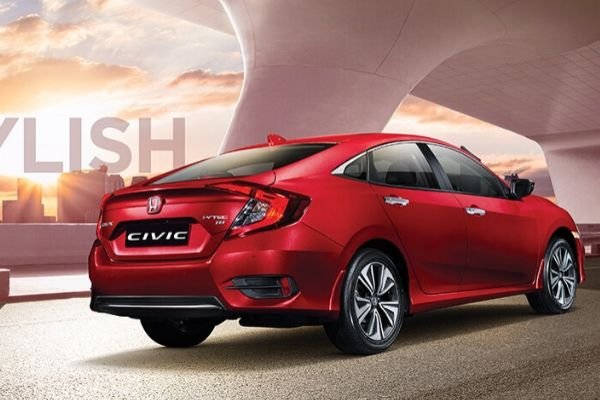The Ministry of Road Transport and Highways (MoRTH) has given permission to sale and registering electric vehicles (EVs) without their batteries. Hence, it eliminates the need of giving bureau of the battery like make/type and other details, during the EV registration.

Currently, this rule is only applicable to electric two and three-wheelers. The battery could be bought independently by the OEM or any other battery provider.
It is important to note that, for the manufacturer, it is still required to provide the battery in their prototype model (regular battery or the swappable battery) to get the approval by the testing agencies specified under Rule 126 of the Central Motor Vehicles Rules, 1989.
Why did the Government of India make this provision?
- In a strived to encourage the use of swappable batteries and to create an ecosystem to accelerate the uptake of electric mobility in the country, govt of India made this provision. Adopting the electric way of mobility will not only preserve the environment but also reduce the oil import bill of the country.
- This will reduce the prices of the electric two-wheelers and three-wheelers in comparison to internal combustion engine model because the cost of the battery consists of approximately 30-40% share of total vehicle cost.
Author's Take
The new rule is a welcome move to make the electric vehicles accessible to the masses in the country. It will make the EVs marginally more affordable for the buyers. This will also help the energy service provider to boom their businesses. However, they are required to come up with an attractive and efficient battery owning policies allowing battery swapping facilities across their network.









